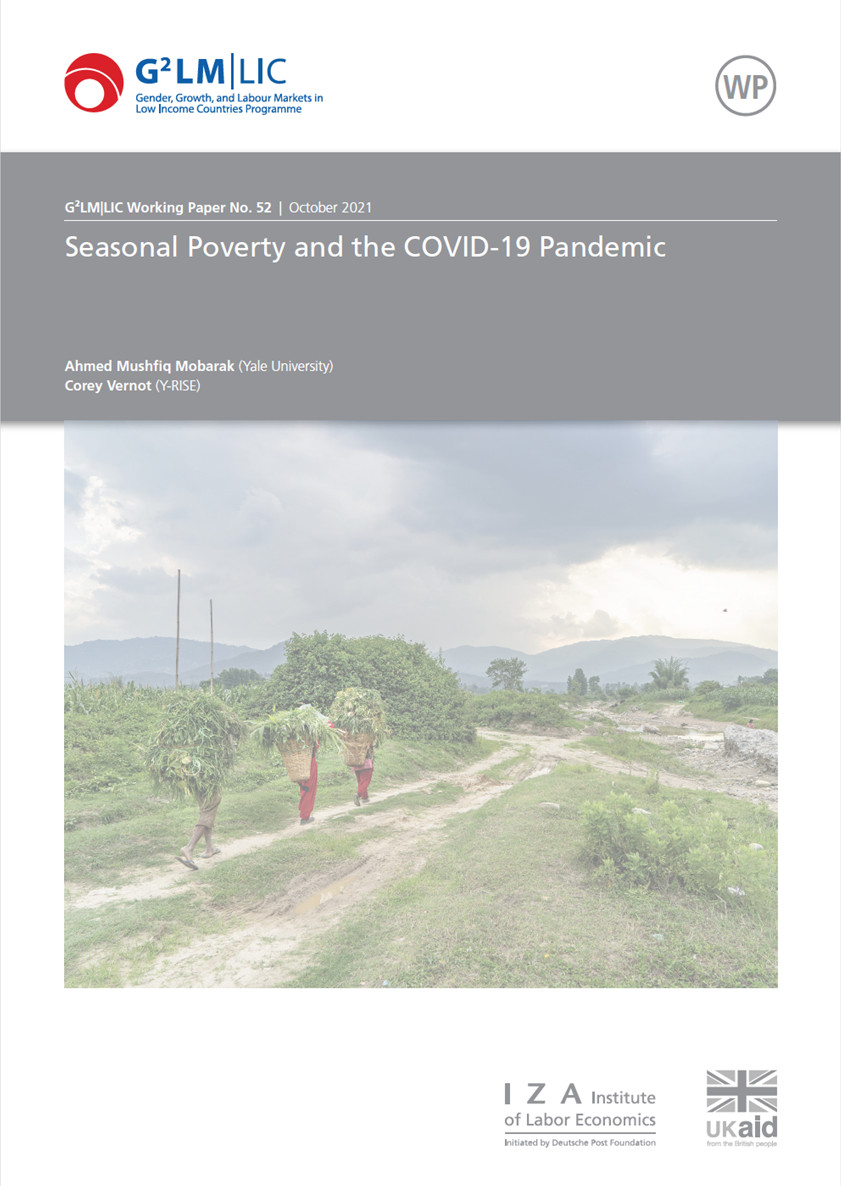We report on changes in economic activity, incomes, food security and mental health by tracking 2636 rural households in Nepal between September 2019 and May 2020 using six rounds of surveys during both lean and harvest seasons, before and after the COVID-19 lockdown. Labor supply in the village, labor migration, remittance earnings, and total incomes have fallen dramatically compared to harvest periods, and even relative to the pre-harvest lean season. Food insecurity has risen to levels seen during the lean season. Mental health indicators have dropped significantly below levels observed during the lean season. The COVID-19 pandemic luckily hit rural Nepal several months prior to the period of peak seasonal hunger, but this implies that economic outcomes are likely to continue to worsen over the next few months until the next rice harvest in October. Stored grain stocks have depleted steadily from January to April to May. The usual outflow of migration have almost stopped, which implies lower future remittances. The substantial erosion of income during lockdown is likely to reduce fertilizer and other agricultural investments during the upcoming planting season in July. This will lower yield during the November harvest, perpetuating the cycle of poverty.

Seasonal Poverty and the COVID-19 Pandemic
- Ahmed Mushfiq Mobarak
- Corey Vernot
- Corey Vernot